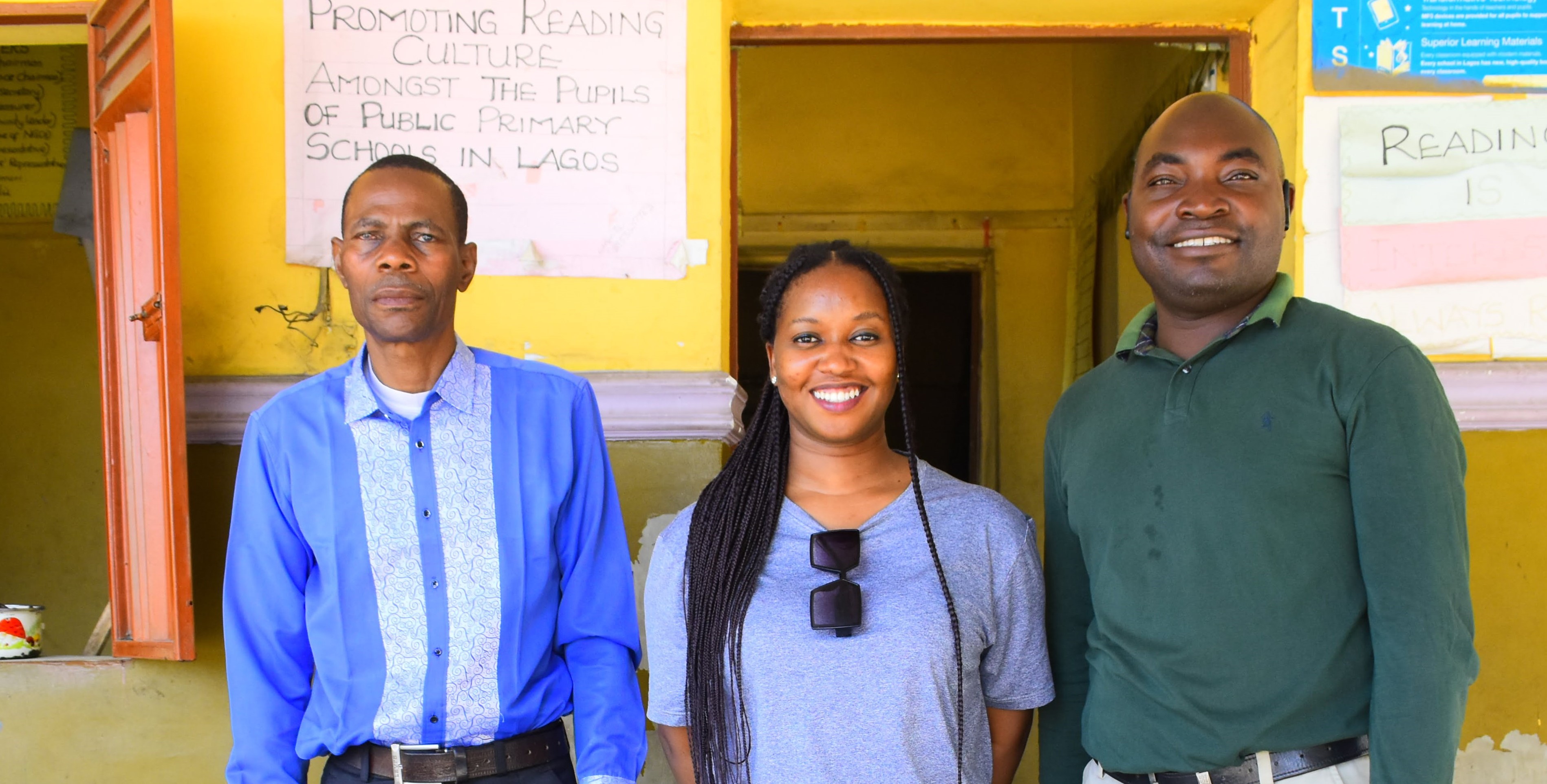High-quality education should not be a privilege, but a universal human right, and there is a growing need for innovative solutions that cater to the unique needs of under-resourced learners who do not have access to high-quality educational resources worldwide.
The Oppia foundation is an educational technology platform that seeks to provide quality education to students in underserved communities and schools. The platform offers online lessons that are both interactive and engaging, featuring captivating stories and a virtual tutor.
Its goal is to enable learners worldwide to access high-quality education that is enjoyable and interactive. Additionally, OPPIA's lessons are being translated into various languages to ensure that students can understand the content without having to learn a new language.
Moreover, this platform is entirely free of charge.
This blog post recounts my experience carrying out a user research and go-to-market exercise for the Oppia lessons web and mobile application in government primary schools in Eti-Osa LGA, Lagos, Nigeria.
I paid a visit to Olumo Primary School where I had the opportunity to meet with Mr. Solomon, the assistant Headmaster. During our meeting, I introduced the Oppia lessons app to him, elaborated on the goals and mission of the Oppia foundation, and presented our proposal seeking his consent to run a pilot with some students. Mr. Solomon informed me that I needed the approval of the Education secretary of the local government to carry out the pilot in the school. Subsequently, I proceeded to meet with the Education secretary where I submitted my proposal and it was approved.
The pilot was conducted with students from primary 4, 5, and 6. The students were divided into 3 sets, Primary 4, 5 and 6. And the exercise was divided into 4 sessions, Diagnosis session, Pre-test session, Learning with the Oppia app and Post test session. The devices used for the pilot were 2 mobile phones, where the Oppia android app was installed and one laptop, for the Oppia web application.
The devices were shared among the students, with two students sharing one device. Although they learned together with the devices, each student answered the questions independently.
I introduced the app to the students and explained how the session would run, and they were excited to begin. The first task assigned to them was the diagnostic test, which is a survey that helped to figure out which topic each student should be learning. Each set completed the test in an average time of 12 minutes. The link to the result.
Next was the pre-test, the pre-test was used to test and record the level of knowledge the students have of a selected Maths topic. The pre-test topics for each student was determined by the topic they performed the least in the Diagnosis test. Each set completed the test in an average time of 15 minutes, Here’s the link to the result.
The learning session began after the students completed the pre-test. The topic assigned to each student was determined by the topic they performed the least in the Diagnosis test. Each set completed the learning session in an average time of 25 minutes. The link to the result.
Finally, the post-test was administered, and each student finished it in an average time of 15 minutes. result
After the Pilot ended, I asked the student to tell me what they liked about learning with the Oppia lessons application, these were their responses.
- Ogechi: I like using Oppia because it teaches me first before giving me the quiz.
- Happiness: I can go back and learn when I don't know how to answer a question correctly. My teacher taught me another formula for fraction but I have seen a new formula in Oppia.
- Anthony: For place value, my teacher calls the ones place unit, but this app calls it ones.
- Promise: This Oppia has new topics that I have not learned yet.
- Happiness: My teacher taught me that the place value of the last number is called Unit, but this Oppia lesson calls it Ones.
The impact of Oppia can continue on an ongoing basis
The Oppia lesson app received a warm reception from various stakeholders, including the Education Secretary, the School's Headmaster, the teachers, and the students. The Education Secretary commended the Oppia lesson application as a welcomed development and appreciated that it was free, the Assistant Headmaster also praised the initiative, stating that it would be highly appreciated by teachers, students, and parents.
The research pilot was Impactful and the students benefited from learning with the Oppia lessons application. Here’s the link to the result to the report that demonstrates the impact of the intervention exercise.
Most children do not have access to high-quality education and are unaware of the benefits of e-learning.These are some of the issues the Oppia foundation is attempting to address on a broader scale by translating the lessons into local languages for better comprehension and making the features very understandable with little or no supervision, allowing our target audience to easily adopt the technology.
You can join us in ensuring everyone has access to high-quality, engaging education. You can donate here or fill out this volunteer interest form to start.












